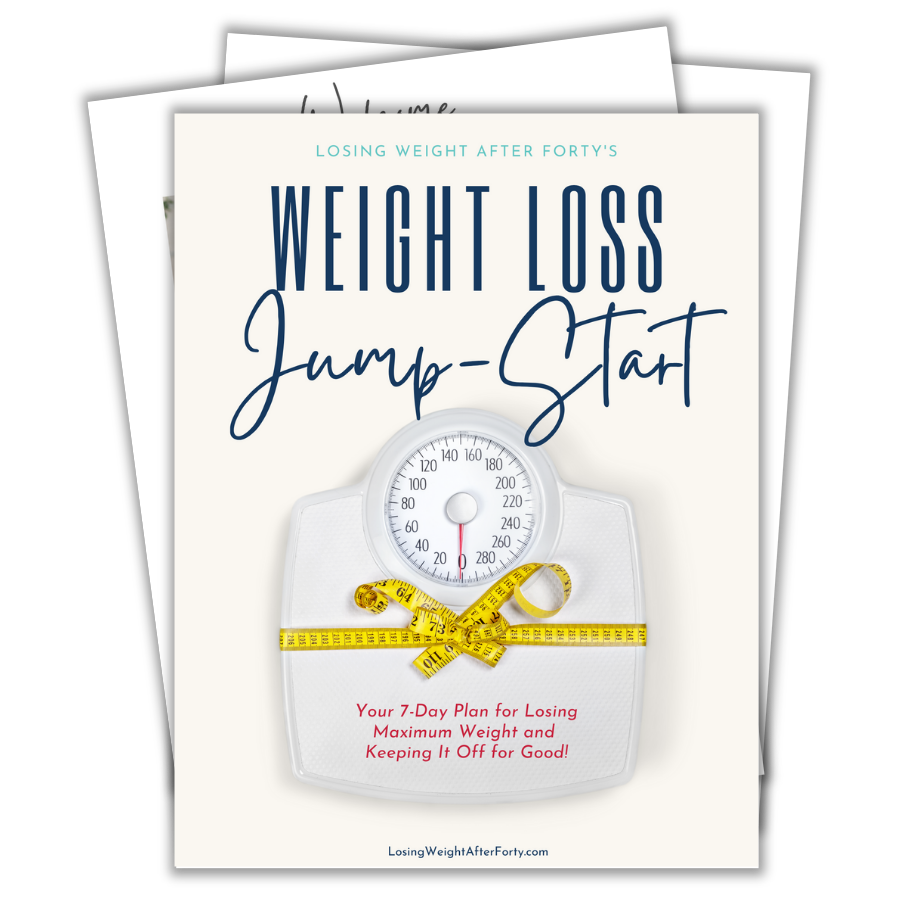So 2021 is almost over, and what a year it has been. While I did have better health and weight loss results this year (compared to 2020, which we won’t speak about), I know I could have done better.
I end this year with a plan—a glorious plan—for ultimate health and weight loss. It’s my NEW YOU plan, and y’all, it’s a good one (if I do say so myself). Here’s what NEW YOU stands for:
N – Nutrition
E – Exercise
W – Water
Y – Yield to God
O – Oxygen outdoors
U – Unwind
Each part of NEW YOU is vital to optimal health and lasting weight loss. It’s the path to transformation. Here’s how each part aids in your overall health:
N – Nutrition
Eating healthy and nutritious foods is the foundation for health and weight loss. Food has been shown to either encourage health or promote disease.
What you eat matters.
When you buy a new car, it comes with an owner’s manual. This tells the owner how to handle the car in order for it to work The best way to find out which diet is best for our bodies is to consult our “owner’s manual”. The book of Genesis in the Bible gives us the original diet that was intended for mankind:
And God said, ‘See, I have given you every herb that yields seed which is on the face of all the earth, and every tree whose fruit yields seed; to you it shall be for food.”
Genesis 1:29
Here we see that fruit-bearing plants were first given as food. Next, we find more was added:
…and you shall eat the herb of the field.”
Genesis 3:18(b)
Fruits, grains, nuts, and vegetables were the original diet mankind was to eat—a whole-food, plant-based diet.
How much you eat and when you eat is also important.
To obtain optimal health and weight loss, it’s best to eat a big breakfast, a medium-sized lunch, and a light dinner—preferably three to four hours before you go to bed each night. Eating late into the evening means the digestion process is continued while you’re sleeping. This results in disturbed sleep and you wake up feeling sluggish and unrefreshed.
E – Exercise
Ladies, we’ve got to move our bodies. One of the most important parts of any weight loss plan is exercise. Our bodies were designed to engage in physical activity. Without exercise, we lose our muscle tone and strength.
Exercise also transports oxygen and nutrients to our tissues and helps our heart. Regular exercise prevents health problems, builds strength, and boosts energy.
According to the Physical Activity Guidelines for Americans, adults should engage in at least 2 1/2 to 5 hours of moderate-intensity aerobic activity. This includes activities like brisk walking or swimming.
If you are more advanced, you should aim for 75 minutes each week of vigorous-intensity aerobic activity. This would include exercises like Zumba, jogging, biking, tennis, or a combination of these activities.
Try to use all of your muscle groups while doing these activities, and set a goal to work out at least 2 to 3 days a week.
Exercise Aids Our Mental Health
Exercise has been scientifically proven to enhance mental health in the following ways:
- Reduces anxiety, depression, and negative mood,
- Improves self-esteem,
- Enhances cognitive function,
- Alleviates symptoms such as low self-esteem and social withdrawal,
- Helps prevent and improve high blood pressure, diabetes and arthritis.
W – Water
It’s important to stay hydrated by drinking the recommended amount of water daily, which is roughly about 64 ounces for most. Why is this important? Drinking an adequate amount of water has been shown to improve brain function, relieve headaches, and aid in removing waste from the body.
Drinking water also aids in losing weight. According to Medical News Today, here are six benefits of water for weight loss:
1. Drinking water can help to burn calories.
According to a 2014 study, participants who drank 16.9 ounces of cold and room temperature water burned between 2 and 3 percent more calories than usual within 90 minutes of drinking.
2. Water may be a natural appetite suppressant.
The stomach is amazing. When it senses that it’s full, it sends a signal to your brain to stop eating. Drinking water can take up space in the stomach which can lead to feeling full sooner, reducing hunger.
Sometimes when we get a feeling of hunger, we’re actually thirsty. Try reaching for a glass of water before grabbing something to eat to help avoid unnecessary snacking.
In the same 2014 study, 50 women who were overweight participated in an 8-week experiment. They drank 16.9 ounces of water 30 minutes before eating breakfast, lunch, and dinner, in addition to their regular water consumption. The results were a reduction in body weight, body fat, and body mass index. They also experienced appetite suppression.
3. Drinking water can reduce your liquid calorie intake overall.
Drinking soda, juice, or sweetened coffee or tea can quickly accumulate liquid calories. It’s easy for these calories to add up because we often ignore how many calories they contain.
By replacing even just a few high-calorie drinks each day with water or herbal tea, you can experience long-term weight loss benefits. In fact, in a 2012 study, it was discovered that “replacing two or more high-caloric beverages for non-caloric drinks every day for 6 months resulted in an average weight loss of between 2 and 2.5 percent in a group of females with obesity.”
4. Water removes waste from the body.
The job of your kidneys is to filter toxins and waste. And it’s dependent on water to do this while retaining essential nutrients and electrolytes. When the body is depleted of water, the kidneys begin to retain fluid.
Water also helps keep our stool soft enough to pass through easily, avoiding constipation.
When waste builds up in our bodies, we may feel bloated, tired, and swollen. And we all know that bloating can add inches to our waist.
By staying hydrated, you can avoid retaining waste, which may add a few extra pounds—definitely NOT what we want.
5. Drinking enough water is essential to burn fat.
In order for your body to properly metabolize stored fat or carbohydrates, it needs water.
Being sufficiently hydrated is essential for burning off fat from food and drink, as well as stored fat. The process of metabolizing fat is dependent on water.
6. Water helps you have a good workout.
Drinking an adequate amount of water can help reduce the risk of muscle cramps and fatigue during your workouts.
Water helps muscles, joints, and connective tissues to move correctly. And as you begin to increase your intensity during a workout, water helps the lungs, heart, and other organs to work effectively.
To avoid dehydration (and to aid in health and weight loss), always drink water before, during, and after you exercise.
Y – Yield to God
I have found that to be successful in my weight loss journey, I have to yield, or submit, my appetite to God.
For me, this means praying daily for help in making the right choices in foods. I also pray for the discipline to exercise regularly and to avoid overeating.
Yeilding to God also means using good things in moderation, or being temperate. Temperance isn’t something you can earn or even buy. It’s a gift from God. And when we trust in God, He can lead us to make right choices.
O – Oxygen Outdoors
Fresh air is one of the most essential resources for the body. Having fresh, clear air to breath is fundamental to good health.
Being outdoors in the sunlight is important for producing vitamin D. Sunlight has also been shown to reduce blood pressure, enhance our mood, and treat skin diseases.
It’s important that your lifestyle includes regular sunlight exposure. How much should you get? Healthline.com suggests getting “10–30 minutes of midday sunlight, several times per week. People with darker skin may need a little more than this.”
U – Unwind
Our body needs rest and relaxation in order to renew itself. It’s been discovered that humans, animals, and plants all operate on a rhythm cycle. Franz Halberg of the University of Minnesota is credited as the first to identify that we operate on a daily and weekly rhythm cycle.
Our daily rhythm: Recent research has discovered that humans, animals, plants, and even fungi have a built-in circadian rhythm.
The term circadian comes from the Latin circa, meaning ‘around’ (or ‘approximately’), and ‘diem’ meaning ‘day’.
Curtis Eakins, N.D., The Seven Powerful Healers
The circadian period of time averages about 24 hours. This clock resets itself daily to the 24-hour cycle of Earth’s rotation. And to prepare us for sleep each night, our bodies produce a relaxing hormone called melatonin, which is undetectably low during daytime hours.
Our weekly rhythm: Not many realize we have a weekly rhythm as well. Scientific evidence reveals that life on earth has an unexplainable internal clock that operates on a seven-day rhythm cycle. Called a circaseptan rhythm, this period of time is when many of our biological processes rise and fall. This includes:
- Heart rate
- Red blood cell count
- Urine chemistry
- Neurotransmitters
- Blood pressure
- Cortisol levels
In addition, In Vivo, a medical journal, revealed that melatonin is released on a daily and weekly rhythm. Also, vitamin K, necessary for blood clotting, is not fully developed until the seventh day each week.
This weekly rhythm reminds us that we need not only our daily rest, but a weekly rest as well (see Exodus 20:8-11).
Health and Weight Loss Plan
These 6 keys of health and weight loss should be implemented for optimal health. To help you start your journey to health, I’ve created a 7-day jump-start plan.
This is detailed jump-start guide with 7 days of meal plans and suggested exercises to boost your results. Click the button below to get your FREE copy of the guide and get started on your journey to optimal health and lasting weight loss.




